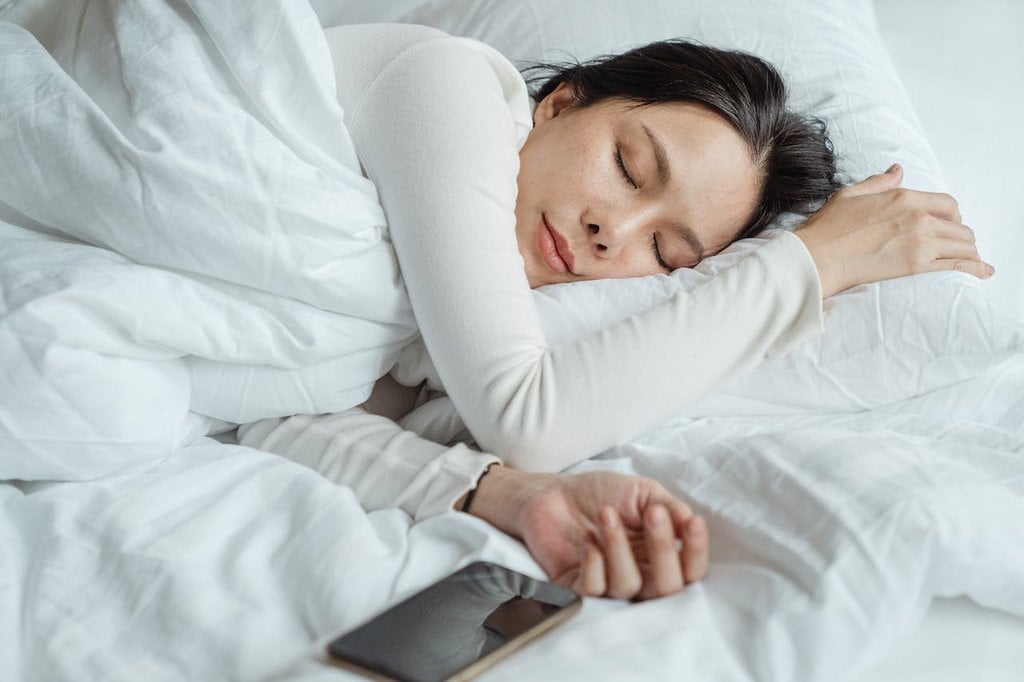
Sleep is essential for overall well-being. It is actually one of the most important things people can do to maintain their health. Sleep plays a vital role when it comes to physical and mental health, so it’s unfortunate when people struggle to fall asleep. Factors that contribute to this include stress and restlessness. However, people can follow certain tips to get enough sleep.
Sleep Is Vital
Lack of sleep can have serious health consequences, including an increased risk of type 2 diabetes, heart disease, obesity, and depression. Even people who practice good sleep hygiene by exercising regularly, adhering to a sleep schedule, avoiding caffeine before bedtime, and creating a cool, dark, and quiet sleep environment, can find sleep elusive sleep. The key is not to let anxiety worsen the situation.
There is value in simply resting when sleep doesn’t come easily. Closing the eyes, lying in bed, and letting the body and mind relax can be very beneficial from both a physical and cognitive perspective. It’s important to stop fixating on the idea of falling asleep and focus on the act of resting.
Sleeping Restores the Body
One common mistake when trying to sleep is reaching for electronic devices. The allure of TV shows, social media, or mindless scrolling can be strong when sleep evades us, but it’s essential to resist this temptation. Bright screens emit blue light, which can disrupt the body’s production of melatonin, the hormone responsible for regulating sleep-wake cycles. So, when sleep is elusive, staying away from screens and opting for calming activities like reading or deep breathing is better for passing the time.

Another common sleep mistake is using the bed for activities other than sleep. The bed should be reserved for sleep. People who use the bed for working or snacking let their brains associate it with activities other than sleep, making it harder to fall asleep when they want to.
Sometimes You Should Just Get Up
People who find themselves unable to fall asleep after about 20 minutes shouldn’t lay there worrying about it. Instead, they should get out of bed and engage in a relaxing, low-energy activity in dim light, such as reading or meditation. They should also avoid checking the clock, as the act itself can increase anxiety and prolong the awake time. Once some time passes, returning to bed and falling asleep will become much easier.

It’s essential to remember that being in bed without falling asleep right away is not a catastrophe. There are no quick fixes, but taking the time to understand the causes of sleep troubles is the key to overcoming them.